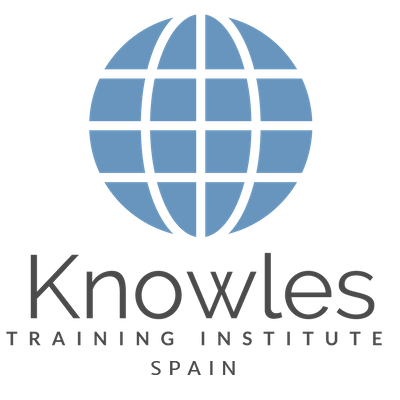Skip to content
LinkingIntern1bksiuevej76kHhK2023-07-17T11:32:08+08:00
Linking
The Linking Paradigm: Enhancing Memory and Retention through Information Connections
- Relational Encoding: Linking information involves the process of relational encoding. By establishing connections and associations between related concepts, individuals create a network of interrelated knowledge that enhances memory encoding and retrieval.
- Cognitive Weaving: Linking information through cognitive weaving techniques enhances memory integration. By interconnecting related ideas and weaving them together, individuals create a cohesive network that aids in recall.
- Hierarchical Linkages: Linking information through hierarchical linkages promotes memory organization. By organizing concepts into hierarchical structures, individuals create mental frameworks that support efficient retrieval and retention.
- Dynamic Connections: Linking information dynamically involves making flexible connections between concepts. By adapting the linking process to the specific learning context or the nature of the information, individuals optimize memory encoding and retrieval.
- Analogical Mapping: Linking information through analogical mapping enhances memory by leveraging similarities between different domains or contexts. By finding analogous concepts and drawing connections, individuals create meaningful associations that aid in recall.
- Contextual Embedding: Linking information through contextual embedding involves connecting concepts to real-life situations or personal experiences. By associating information with contextual cues, individuals strengthen memory traces and improve retrieval.
- Cognitive Integration: Linking information promotes cognitive integration of knowledge. By connecting related concepts and integrating new information into existing mental frameworks, individuals enhance memory encoding and retrieval.
- Multimodal Associations: Linking information through multimodal associations engages multiple senses. By incorporating visual, auditory, and tactile elements, individuals create rich memory representations that facilitate recall.
- Reflective Linking: Linking information through reflective practices promotes metacognition and deep learning. By actively reflecting on the connections between concepts, individuals enhance their understanding and consolidate memory.
- Transferability: Linking information enhances the transferability of knowledge to new contexts. By establishing connections between concepts and applying them in different situations, individuals improve memory recall and the ability to utilize knowledge effectively.
Page load link

